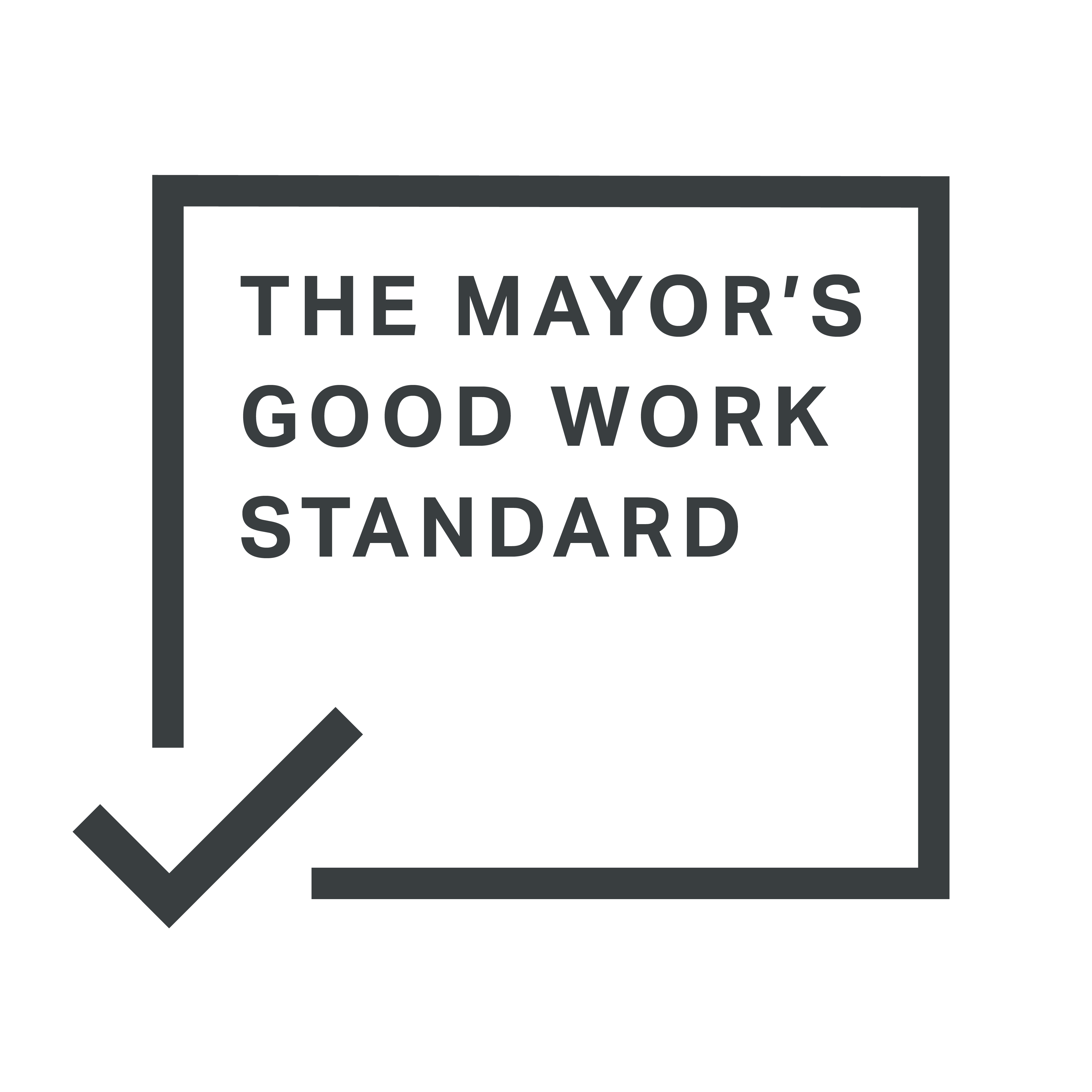15 October 2021
This week is hate crime awareness week, a specific week each year dedicated to raising awareness of hate crime. The campaign was set up in 2009 and aims to bring people together to stand in solidarity with those affected by hate crime, to remember those lost to hate crime, and support those who need ongoing support.
We know from our research that hate crime remains a pressing issue for London transport users. There were almost 1,500 hate crime incidents on public transport reported to the police in 2020/21, the majority of which related to the victim’s race or religion. However, the actual number of hate crimes is likely to be far higher, as many incidents go unreported.
What did our research show us?
In our research published in July, our findings echoed what is already widely known: certain groups and communities are much more likely to be victims of hate crime and be aware of it when travelling.
We found that Black, Asian and Minority ethnic passengers and those with visible religious dress are far more conscious of hate crime, and personal victimisation was common among those we spoke to.
For many of these passengers, the threat comes from an escalation of a more routine argument. Relatively few are victimised ‘out of the blue’ – an argument over seating, queueing or other minor issues will escalate suddenly into a hate crime. In the post-Covid world for example, a disagreement over face-coverings could escalate quickly.
Others with protected characteristics face specific issues too. Many of the LGBTQ+ passengers we spoke to have a fear of victimisation when travelling. This threat is even more considerable for those who dress in a gender non-conforming way, and many LGBT passengers fear giving public displays of affection on public transport due to the risk it carries of victimisation.
One woman we spoke to told us: ‘I’ve experienced hate for being gay…My girlfriend is always very wary, she doesn’t want hassle whereas I’m a bit more in your face. She’d be like, ‘oh no, I can’t hold my partners hand or kiss them,’ she’d be much more reserved about it because she’d think it would cause trouble.’
Each year, the hate crime awareness week campaign focuses on a different strand of hate crime to raise awareness of the diverse communities affected by it, and to create unity and solidarity in the fight against hate crime. This year, the focus is on transphobic hate crime, which has been on the rise in recent years. For the transgender transport users we spoke to, many feel let down by the lack of awareness and understanding around who they are, and the lack of support found publicly.
What needs to happen?
When we spoke to transport users, they told us that they see hate crime largely as a result of a stressful situation coupled with an ignorant individual with poor impulse-control. Doing more to promote general consideration of each-other, as well as controlling crowding, delays and other aggravating situations would be seen as a significant improvement to tackle hate crime.
More broadly, passengers want to see hate-criminals educated and informed about their behaviour. When asked about the ‘root’ of hate crime as an issue, most argue that it’s about a lack of cultural understanding. While the “It’s not just offensive; it’s an offence” advert does well to remind passengers that the behaviour is criminal, it does not explicitly state why the behaviour is wrong.
Our recommendations
When we published our research earlier this year, we formulated a set of recommendations to address the issues that came up. In particular, we think the following three are relevant and important for addressing hate crime.
The transport industry must work with policing authorities to:
1) Build Trust and Empower people
- Convince people that it’s worth making a report, and that it will be followed up and taken seriously (whether a victim or witness to a hate crime).
- Reassess the tone of communications and messaging to ensure that they build trust in the reporting process and empower all people involved to act, whether they are directly involved or bystanders of a hate crime.
2) Commit to public education campaigns
- Convince and educate people that the British Transport Police (BTP) and Metropolitan Police are there for all incidents, including hate crime, and not just terrorism.
3) Agree on a ‘playbook’ for bystanders
- Create a clear set of simple actions that bystanders can safely take to support victims in the moment or after an incident takes place.
In the coming weeks, we will be analysing the final results of our research and working to push the transport industry and policing authorities to do more to address hate crime on public transport. To keep up to date, sign up to join our digital community here.








